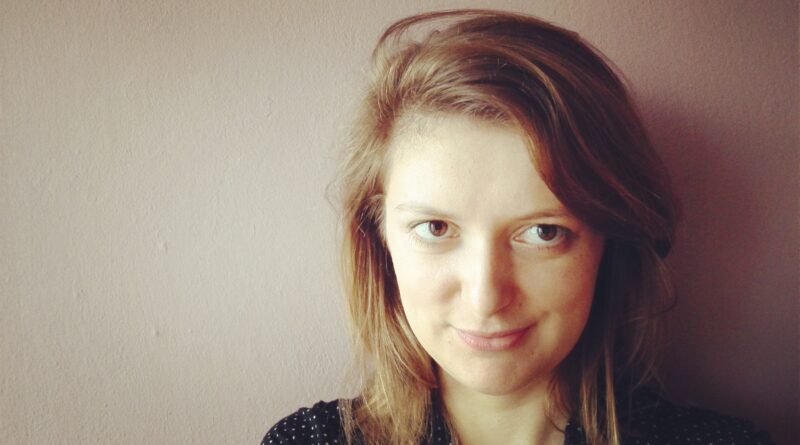Dr Natalia Juchniewicz on Honneth, Butler and AI (March 28, 2024)
Lecture entitled “Axel Honneth, Judith Butler, and artificial intelligence?” will be delivered online on March 28, 2024 at 5 p.m. CET (6 p.m. in Romania) for the Center for Applied Philosophy of the Babeș-Bolyai University in Cluj-Napoca by Dr. Natalia Juchniewicz from the Faculty of Philosophy of the University of Warsaw. Details below.
Detailed information about the meeting, including the link and codes needed to join the meeting on the Zoom platform, can be found here: https://hiphi.ubbcluj.ro/evenimente?n=confe_Juchniewicz.html
Here is the abstract of the speech:
The aim of the presentation will be to indicate in which areas and in what sense Axel Honneth’s and Judith Butler’s classical theories of recognition (along with their interpretations) can play a significant role in research on human relations with artificial intelligence. The theory of recognition provides a multi-level description of the construction of self-awareness by the subject, of relationships with other people, and normative constraints on one’s own actions. It also diagnoses situations in which misrecognition occurs. In the era of developing artificial intelligence, which forms the background of everyday activities performed by people (e.g. activity-tracking applications, algorithms on social media), is implemented into assisting technologies (e.g. social robots), and plays a significant role in decision-making processes based on large computational models (e.g. programs supporting human resources departments) or displacing some professions from the job market (e.g., analysts), the question that needs to be asked from the perspective of social philosophy and philosophy of technology is whether the classical theory of recognition can be applied to AI research, and if so, whether it requires certain changes and supplements. In the presentation, I will demonstrate how the theory of recognition operates in research on AI and I will identify areas that still require augmentation.

